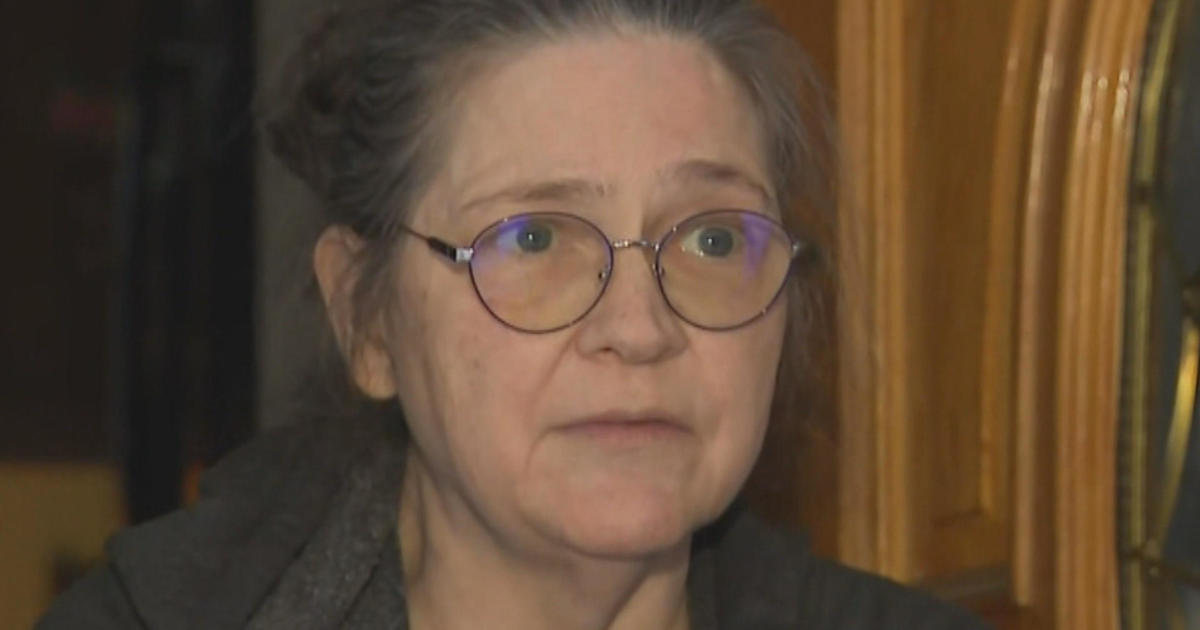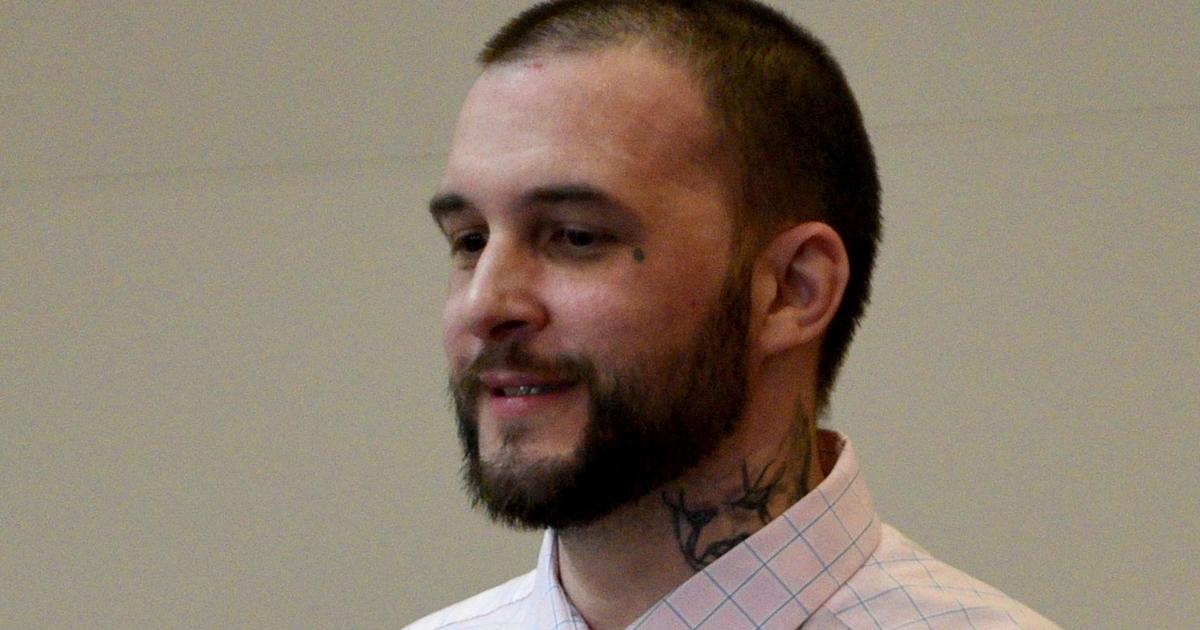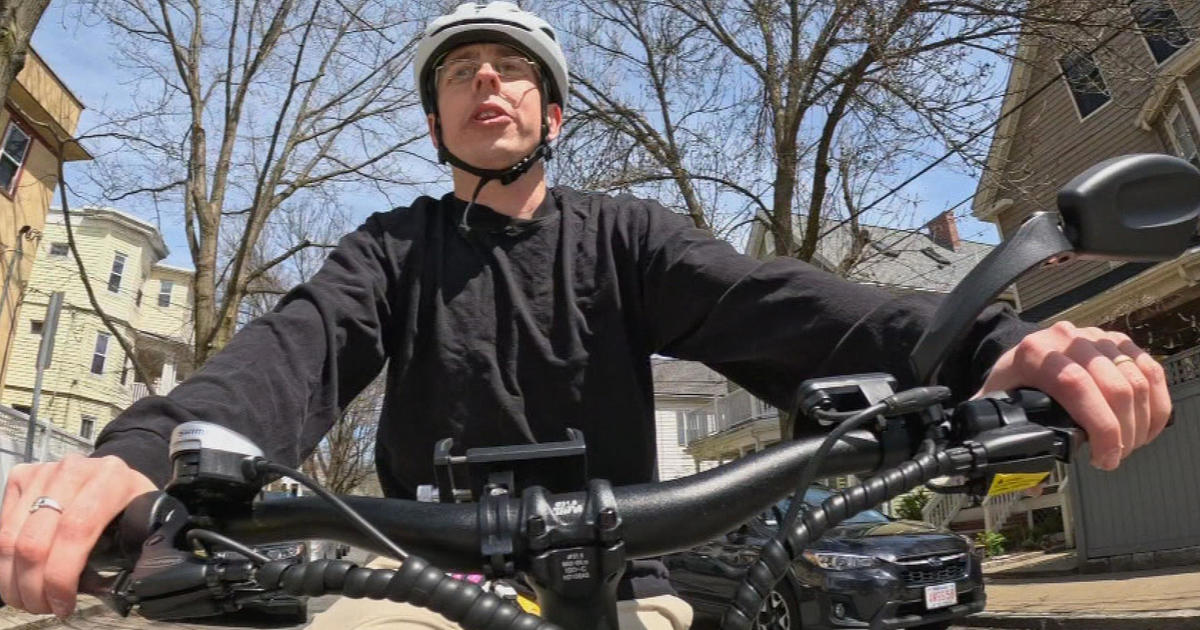How Walking Keeps Bones Strong – and Helps Prevent Falls
Bone is living tissue and is continuously breaking down and building back up. Osteoporosis occurs when this balance shifts and bone loss outpaces new bone replacement -- leading to weak bones and increasing the risk of fractures and debilitating complications.
"We don't feel bad when we have poor bone health," says Mary Bouxsein, PhD, an investigator in the Center for Advanced Orthoepaedic Studies at Beth Israel Deaconess Medical Center. "As a result, it's easy to not pay attention. But osteoporosis is on the rise and one in two women and one in five men over age 50 will suffer fractures due to weakened bones. Clearly it's important to take care of your bones the same way you would monitor and take care of your cholesterol or your blood pressure."
In addition to maintaining a healthy diet with plenty of calcium and Vitamin D, a key way to keep bones healthy is regular weight-bearing exercise, in which your legs and feet bear your weight. Walking is an ideal example.
"When bones and muscle are working against gravity, bone mass is more likely to be maintained," explains Bouxsein, who knows a thing or two about gravity. Last summer, she oversaw an experiment aboard NASA's final space shuttle mission, which sent 30 mice into space to test the ability of a novel therapy (an antibody against the protein sclerostin) to promote a gain of bone mass in microgravity.
"Because outer space is the ultimate low-gravity environment, astronauts are at high risk for rapid bone loss," says Bouxsein. "Our experiment was specifically aimed at finding a way to keep astronauts' bones healthy, but by extension, it could ultimately offer new options to help prevent and treat bone disease right here on Earth."
When a person is sedentary, bones grow thinner. Bone becomes stronger and denser as it is put under modest stress and whenever a person is walking, bone cells are being stimulated.
"It is important to remember that walking and exercise not only help to keep bones strong, but also help to prevent falls," adds Bouxsein. "This is critical because falls are the leading cause of fractures in older individuals."
Above content provided by Beth Israel Deaconess Medical Center. For advice about your medical care, consult your doctor.
Posted May 2012



